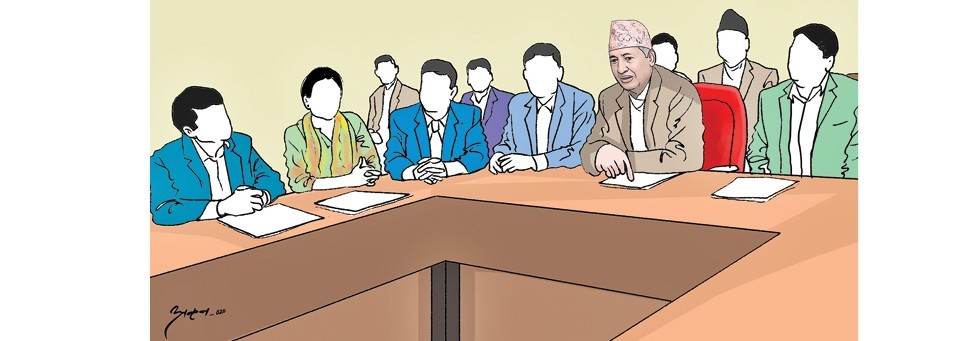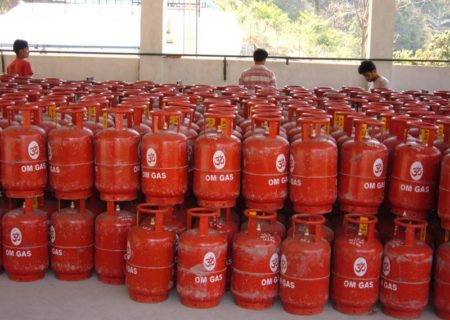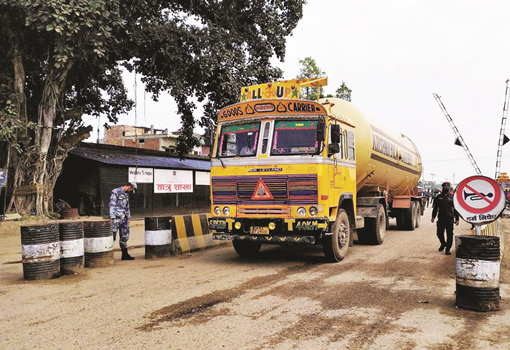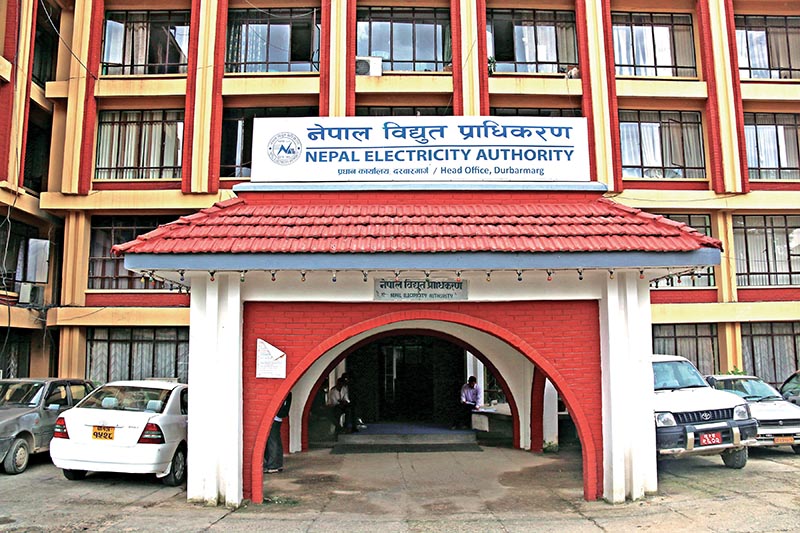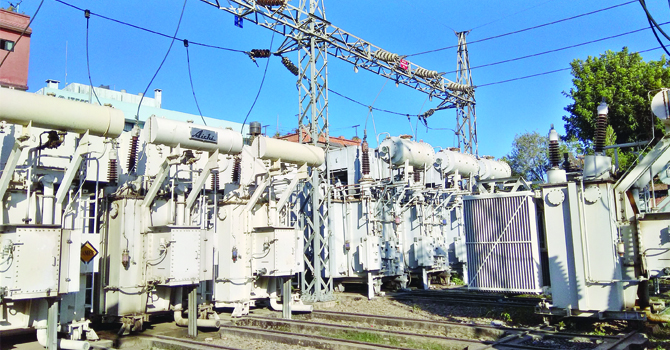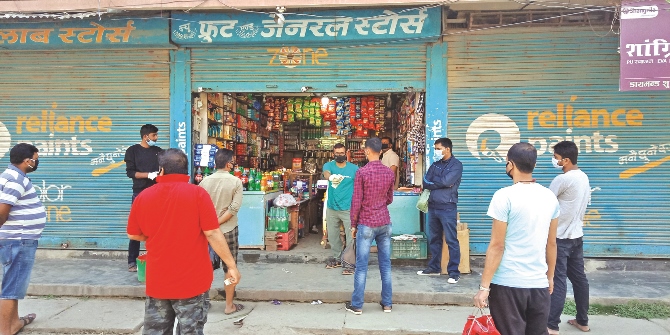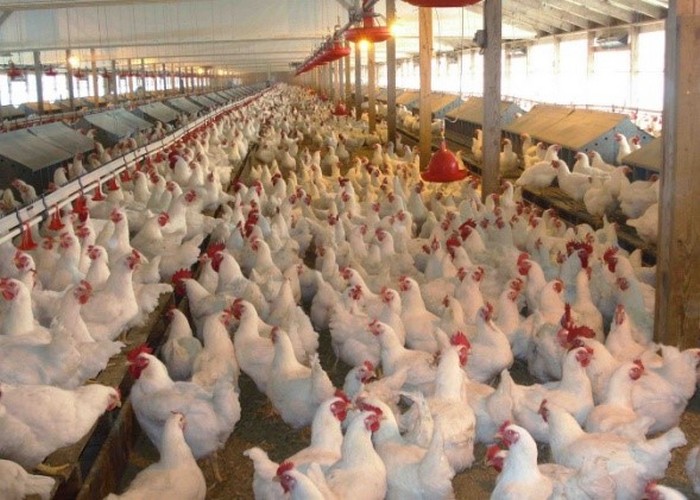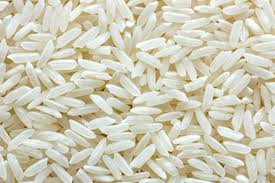Energy roadmap launched for achieving SDG-7
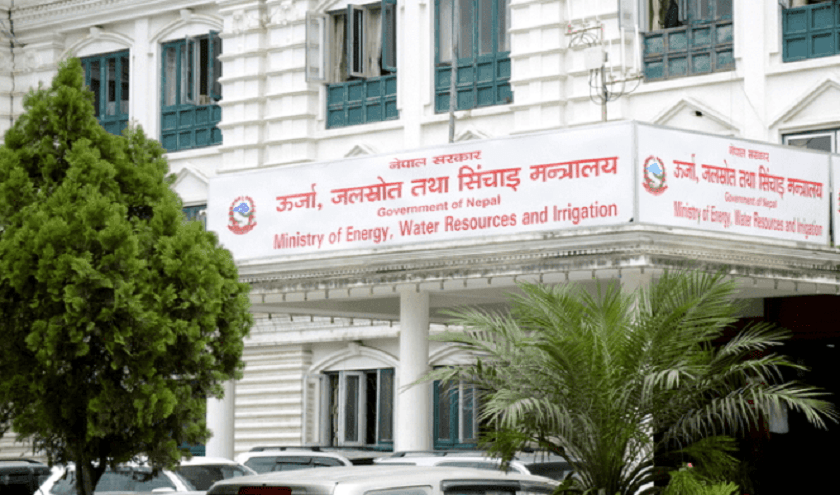
By Laxman Kafle
Kathmandu, Sept. 21: Minister for Energy, Water Resources and Irrigation Pampha Bhusal formally launched the roadmap for achieving the Sustainable Development Goals (SDG-7) on Monday.
The roadmap aims to provide access to affordable and clean energy to all by 2030, increase the production of renewable energy and increase energy efficiency.
It needs to ensure sustained economic growth as well as respond to increasing energy demand, reduce emissions, and consider and capitalise on the interlinkages between Sustainable Development Goal 7 (SDG 7) and other SDGs.
Nepal has already initiated and published the SDG roadmap back in 2016/17 through its National Planning Commission and set periodic targets of all three sub-goals.
The energy transition pathways for the 2030 sets targets that all of Nepal’s populations will have access to electricity and means for clean cooking by 2030.
Launching the roadmap, Minister Bhusal said that the support of development partners and international agencies was needed to achieve the sustainable development goals.
Stating that Nepal had made a lot of efforts in the energy sector and had more to do, Minister Bhusal said, “The government has approved the ‘Nepal Energy Efficiency Strategy, 2018.”
Stating that preparations had been made to bring electric buses into operation for public transport, she said, “Recently, 15 charging stations have come into operation and more than 50 such stations are being constructed.”
The roadmap also seeks to achieve 50 per cent share of renewable energy by 2030 with installation of hydropower having a capacity of over 15,000 MW.
It has also specified improvements in energy efficiency by reducing energy use in production and consumption activities to achieve 50 per cent of mobility based on electricity in Nepal.
Stating that the Electricity Regulation Commission had been established and it had started functioning since May 2019, Minister Bhusal said that the new electricity bill had been submitted to the parliament for discussion.
She also mentioned that the renewable energy and energy efficiency bill was being drafted.
Nepal is using clean energy for cooking, she said, adding that more than 1.5 million households have been using improved cooking stoves (ICS) and 500,000 households have used biogas plants.
Energy Minister Bhusal said that 93 per cent of the population had access to electricity and per capita electricity consumption had reached 260 KWh and installed capacity was 1,478 MW.
Stating that the construction of some important projects had been delayed due to the COVID-19 pandemic, Minister Bhusal expressed confidence that it was possible to meet the Sustainable Development Goals by 2030 without any problem.
She said that Nepal had managed to achieve a comparatively high economic growth rate of 7.7 per cent in 2016/17 after the improvement in the energy distribution system, but the growth rate shrank to 4 per cent by 2021 due to the COVID-19 pandemic.
Stating that there was a great potential for hydropower in Nepal, Minister Bhusal said that it was technically possible to generate 43,000 MW of hydropower even though it is said to be as high as 83,000 MW in theory.
The roadmap has been prepared with the support of the United Nations Economic and Social Commission for Asia and the Pacific (UNESCAP).
Member of the National Planning Commission Dr. Surendra Labh Karna, Executive Director of Alternative Energy Promotion Centre Dr. Madhusudhan Adhikari, Joint Secretary of the Ministry of Energy Madhukar Prasad Rajbhandari, and Director, Energy Division, ESCAP Hongpeng Liu, were present on the occasion.
Recent News

Do not make expressions casting dout on election: EC
14 Apr, 2022
CM Bhatta says may New Year 2079 BS inspire positive thinking
14 Apr, 2022
Three new cases, 44 recoveries in 24 hours
14 Apr, 2022
689 climbers of 84 teams so far acquire permits for climbing various peaks this spring season
14 Apr, 2022
How the rising cost of living crisis is impacting Nepal
14 Apr, 2022
US military confirms an interstellar meteor collided with Earth
14 Apr, 2022
Valneva Covid vaccine approved for use in UK
14 Apr, 2022
Chair Prachanda highlights need of unity among Maoist, Communist forces
14 Apr, 2022
Ranbir Kapoor and Alia Bhatt: Bollywood toasts star couple on wedding
14 Apr, 2022
President Bhandari confers decorations (Photo Feature)
14 Apr, 2022


